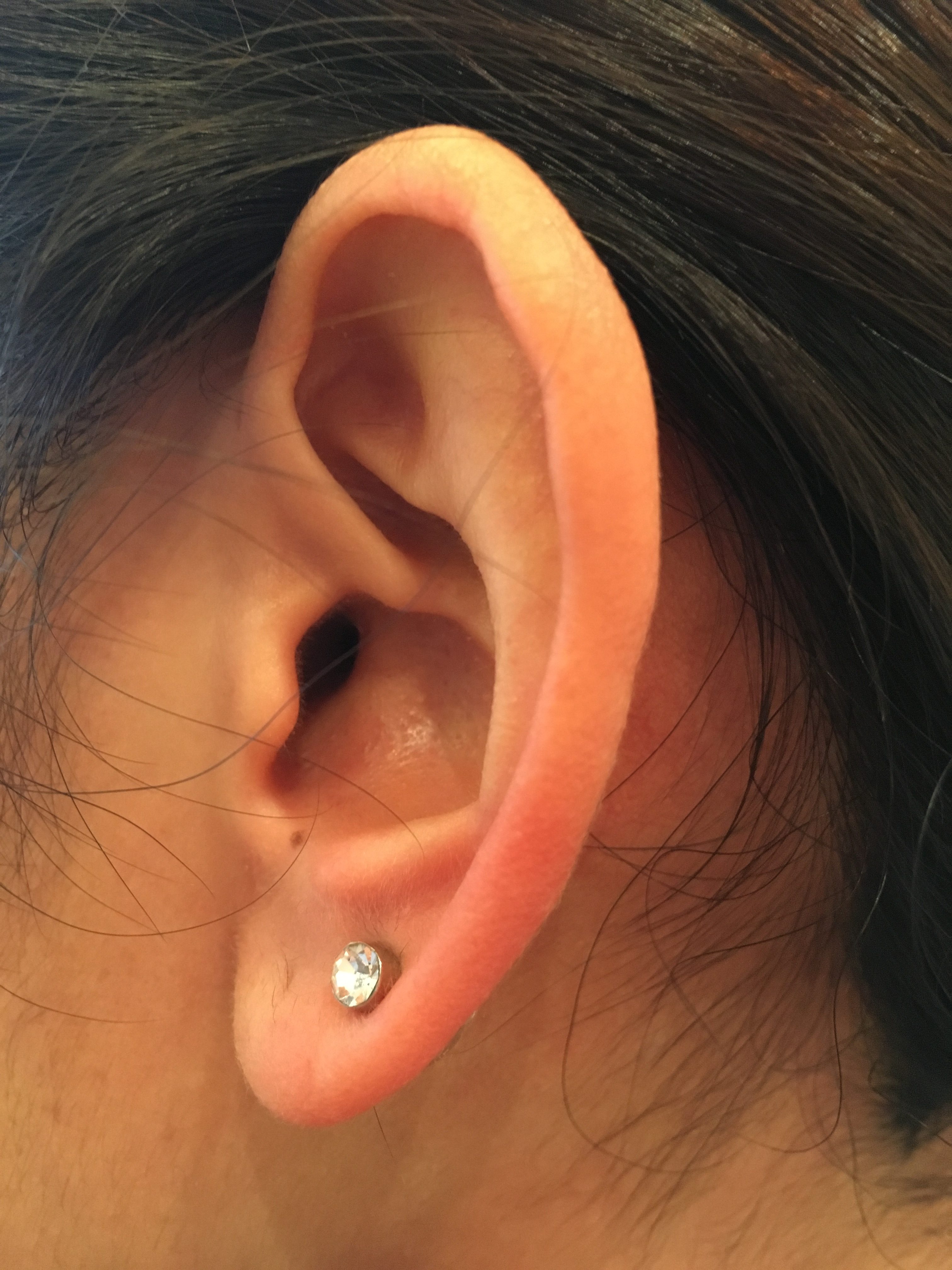
Ear Blockage, Infections and Hearing Loss
In children, ear problems are quite common and may present with ear pain, ear blockage or ear discharge. One of the most common problems is due to impacted earwax which may form a small plug inside the ear and cause the sensation of blocked ear and some mild hearing loss. Earwax is made up of skin cells shed from the ear canal and has protective properties as it contains natural oils to coat the ear canal skin. The ear is usually a self-cleaning device as the skin lining the ear inside tends to migrate outwards to move most wax away from the inside.
Sometimes, wax does become trapped inside the ear due to the type and nature of wax, and shape of the ear canal. In these cases, a few drops of clean olive oil applied inside the ears can help to soften the wax to make it easier for wax to flow out on its own. If this does not work, then a visit to the Ear Nose Throat specialist is helpful to allow gentle cleaning of trapped wax and any infected debris with special tools under the microscope.
After a bad cold or flu, children (and adults) may sometimes get fluid building up behind their eardrums as the nose is connected to both ears by pressure tubes (Eustachian tubes). If this fluid becomes infected, then the child (or adult) may develop an ear infection which can lead to eardrum perforations (“holes”) to cause ear discharge (liquid leaking out of the ear) and hearing loss.
Another risk factor for buildup of eardrum fluid and infections may be due to excess soft tissue growing behind the nose (adenoids). Having large adenoids is relatively common in young children and may also lead to snoring and trouble breathing at night (see Snoring and breathing issues in children ).
After careful cleaning of the ear, eardrops are prescribed to treat the infection fully. In eardrum infections, a course of oral antibiotics is usually prescribed. Simple advice to avoid ear infections are to stop digging one’s ears and to keep the ears dry e.g. at showertime. Eardrum perforations which do not heal by themselves may need to be repaired with surgery to prevent further infection.
